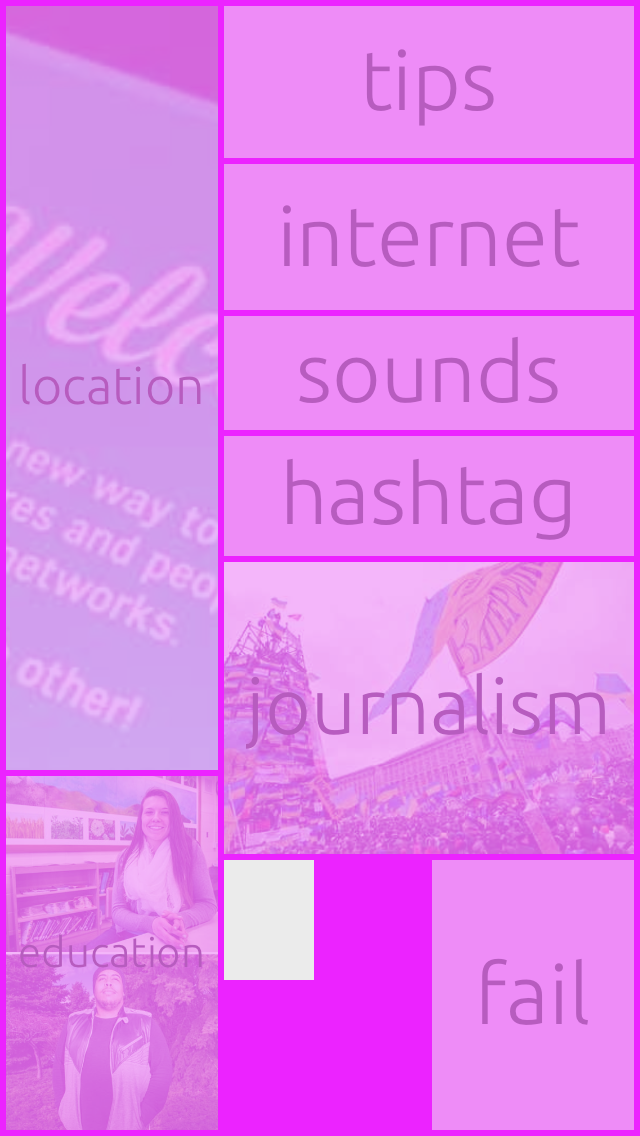When I was at school studying for my school
leaving exams we got time off to revise in the city library. In my case the
Central Library on George the IV bridge in Edinburgh. A wonderful Carnegie
funded edifice. In the upstairs reading room shelves and shelves of knowledge
surrounded you. In reality it was a tiny slice of knowledge, not as
comprehensive as what is available to us all today at any time and any place,
but the experience of the library was far more impressive and humbling than
typing into Google.
The librarians took pains to make sure all
books were cataloged correctly and always in their right place. What I found
interesting was not the subject I was meant to be studying, but the other
stuff. Even when I sought out a book for my studies I was always drawn to the
boundaries where one subject abutted with another. Here I could stray into new but
often related worlds. Even more exciting were the miss-placed books which had
escaped the librarian’s labours. Happenstance, serendipity, random, call it what
you may, but these chance encounters held more interest and had the power to
freshen my mind far more than the subject under study.
Teenage boredom was partly at the root of
this, but in subsequent years it has been the mixing of disparate disciplines
or association of separate concepts that I have found the most profitable for
the generation of new ideas.
Today I very, very rarely visit a library.
Occasionally a book store and I catch glimpses of this distant excitement. Now
I research and find my knowledge in the digital world. Most of our digital
tools are designed to filter out what we are not interested in. We search and
expect to be delivered the most relevant and informative content based on our
query. We follow like minded people and they feed us articles which match our
interests. Despite the internet being full of incredibly diverse information we
tend to stick in one or several very small areas of interest. Serendipity has no place in tools designed
for efficiency and accuracy. Which, I think is a loss.
That is why I love a new app from Finish
developers, Futureful . Its called Random and is currently available for IOS. It has been called an irrational browsing experience. The experience is
unlike other news feeds or aggregated content delivery systems. Okay it is not
completely random. But it is sometimes hard to see why subject X is with Y. The
set of subjects and sub subjects you can choose from are all related, but in a
more loosely and tangential way than most news feeds. I cannot tell but I think
the strength of associations is built up through my and other users use of the
system. I hope the evolving associations do not become too strong and it looses
its diversity.
I also like the way the links are
represented with just a single or couple of words. There is no indication of
the source or additional information. Your interest is triggered by the words and
you follow a path, the spine of the book not a preview of the content. If it is
not what you are interested in you backtrack. But when you do so the link
selection is refreshed with new content and a new journey opens up.
Using Random I have discovered content I
would not have sought out but which I found interesting and thought provoking.
Give it a go.




No comments:
Post a Comment